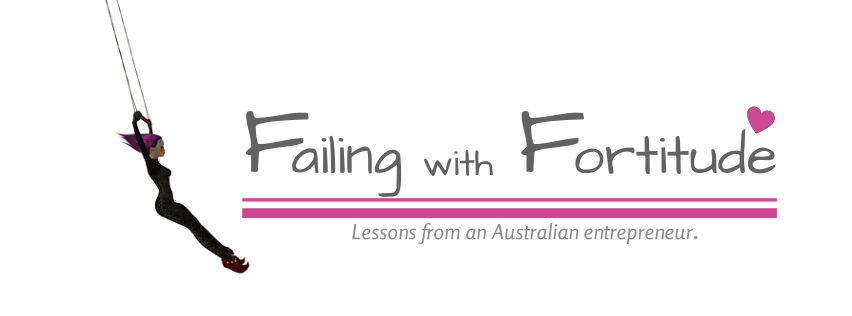Sep
2014
What do you do if someone is NOT ok?
I think R U OK day? is a fantastic initiative. Born from sad origins, I’d like to think a day like today has helped many people to survive life, and countless others an opportunity to reach out. Connections are the essence of life…The thing I struggle with the most though is knowing what to do if someone answers with a “No – I’m not ok.” Do you know where to go from there?
 This can be scary stuff. It’s not easy to talk about suicide. It’s certainly not easy to be with someone who is actually contemplating suicide. The risk is the ‘asker’ can inadvertently open the flood gates and be privvy to a host of information they don’t feel prepared to deal with. Or, they worry about offending the other person by even raising the question of suicide…just in case it was never in their plans! Finally, there’s the weight of responsibility…what if I ask them and then they actually harm themselves – is it my fault because I knew they were unhappy? You can never be responsible for another person’s life journey – ever. You can, however, get brave and reach out in a time of crisis.
This can be scary stuff. It’s not easy to talk about suicide. It’s certainly not easy to be with someone who is actually contemplating suicide. The risk is the ‘asker’ can inadvertently open the flood gates and be privvy to a host of information they don’t feel prepared to deal with. Or, they worry about offending the other person by even raising the question of suicide…just in case it was never in their plans! Finally, there’s the weight of responsibility…what if I ask them and then they actually harm themselves – is it my fault because I knew they were unhappy? You can never be responsible for another person’s life journey – ever. You can, however, get brave and reach out in a time of crisis.
So today I wanted to take R U Ok? a step further and suggest some steps that can be taken if someone answers ‘No’. The Australian organisation, LivingWorks have a fantastic program called Safe Talk – it’s an educational course designed to help everyday people who are not trained counsellors/psychologists cope when confronted with someone expressing suicidal tendancies. I’ve seen the program in action and I’d highly recommend it for any organisation, school, volunteer group who would like to improve their suicide awareness and prevention skills.
I’ve been in situations where the person I was with talked of suicide, and here are the steps I took:
1. Explore the situation with them so that you have a better understanding of the problem. Ask open questions and simply listen without the need to problem solve or suggest actions the person may take. Just be present to their story.
2. Ask if they have thought about suicide. Yes, this is the toughest question in any conversation but it’s also the most needed. In fact, being able to ask strengthens your shared connection. Importantly, ask them if they have a plan in mind. Have they thought of how to do it? This will allow you to better guage their current mindset.
3. Suggest they seek professional help for their situation. Offer to take them to the doctor, suggest a counsellor they could talk to, take them to the hospital. For immediate assistance, call Lifeline and speak to a counsellor together. Their number is 13 11 14, or talk to someone online for assistance and advice. If you feel the person is in immediate danger, stay with them until professional help has been organised.
4. Establish an agreement with them. Put a plan in place that you ask the person to agree to that may help them get through this crisis period. This might include a time to see their doctor, or a promise to call Lifeline when feeling overwhelmed, or a phone call to you if life becomes unbearable. Simply an interim step between thoughts and actions. This is a great opportunity to encourage connection with others and reaching out for help.
5. Care for yourself. It can be frightening and tough sharing someone’s pain. Make sure you find someone to talk to about your experience as a carer and allow yourself time to acknowledge your efforts to help another.
Suicide can be a confronting conversation topic, but it’s also an incredibly important one because as R U Ok? advocates, it might just save a life.

